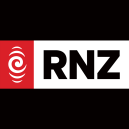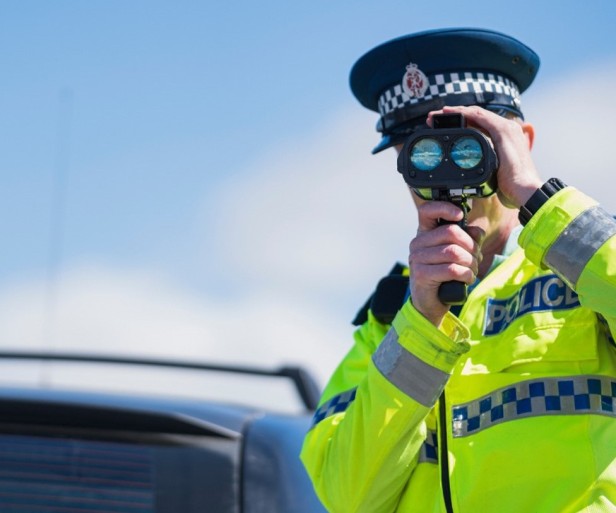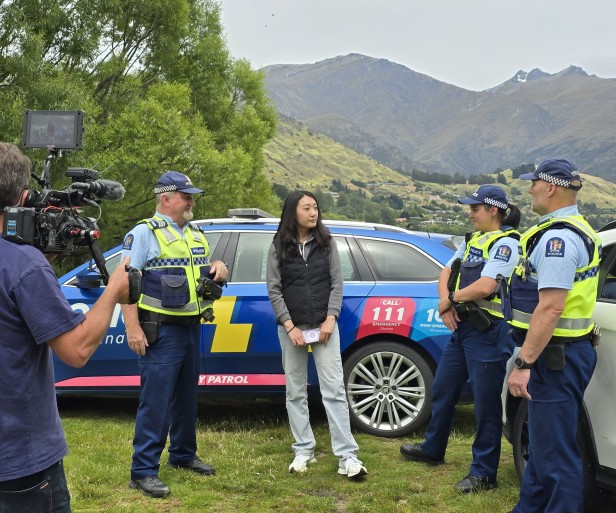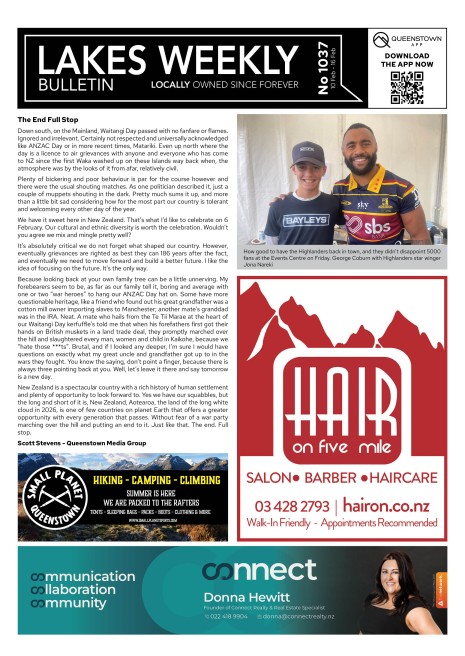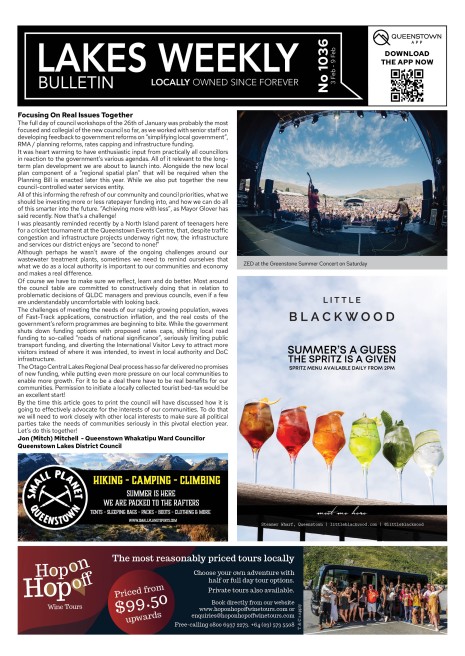Drinking alcohol while taking MDMA high-risk says drug checking service
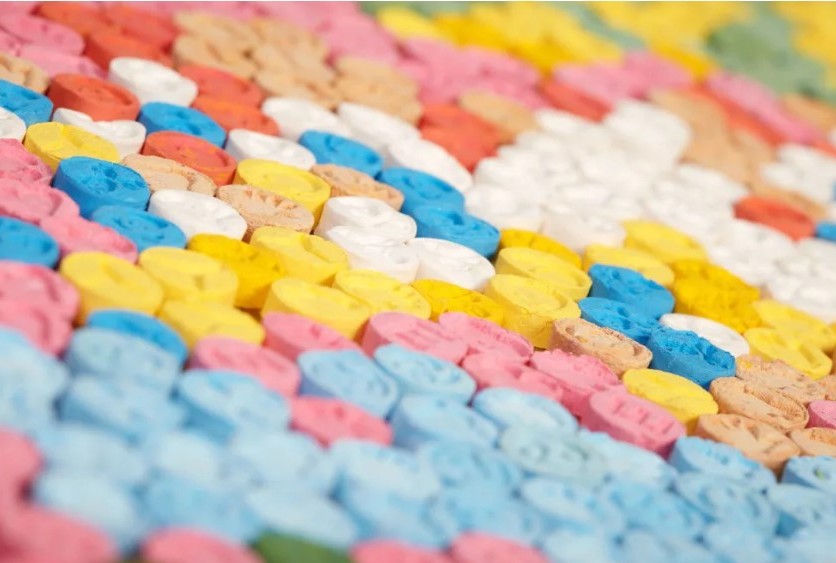
,
A drug checking service has warned festival goers that partaking in risky drug taking could put a downer on their fun.
KnowYourStuffNZ general manager Casey Spearin said combining MDMA, also known as ecstasy, with alcohol was one the most widespread high-risk behaviours they saw at summer festivals.
Spearin said a University of Otago study this year found most users were consuming 7 to 9 standard drinks while taking MDMA.
"We know high-risk drug practices like mixing drugs or taking very high doses are going to cause harm at festivals this summer."
She acknowledged there were risks involved in taking any substance, including alcohol.
But she said there were measures people could take to look after themselves and their friends if taking drugs.
"No drug use is completely safe.
"But there are some ways of using drugs that are more safe than others."
If taking MDMA, Spearin suggested substituting alcoholic drinks with flavoured fizzy water or non-alcoholic beer.
"You won't miss the alcohol and you're reducing your risk when taking MDMA."
She said the service was looking into what concerning substances might be circulating over the summer.
"We're seeing MDMA being substituted for synthetic cathinones, sometimes called bath salts, some funky ketamine analogues, and a variety of other things."
She said China recently banning the production of several novel psychedelic substances could have knock-on effects here.
"When production stops there's usually stock left over. We'll probably see some of that entering the illicit market.
"We can expect new compounds to be produced to get around that ban. So we could see some new and unexpected things arriving."
About one in 10 drug samples KnowYourStuffNZ tested this year were not what they were sold as or thought to be.
Spearin recommended always getting drugs checked by them or another drug checker even if purchased from a trusted person.
She added that reagent tests were not always accurate.
"Results from a reagent test are less reliable than visiting an actual drug checking service.
"It's relatively easy to fool these tests and drug dealers know this."
She told people to check High Alert, New Zealand's drug warning system, for the latest updates.
At upcoming festivals, Spearin urged people to keep an eye on others.
"Have a conversation with mates before taking anything; how are you feeling, what's going on in your life, are you on any medication that might interact?
"Put a plan together and decide who is going to be your sober tripster. That person is invaluable if something goes wrong."
She said it was also crucial to know the warning signs of any substance you are taking and when to get help.
She said taking time to hydrate could save people from a gnarly hangover.
"A lot of a hangover is sleep deprivation.
"Buy electrolytes, watch your water intake, and watch your body temperature."
The drug checking service is celebrating ten years of harm reduction in 2025.
Spearin said the organisation had been operating in a "grey area" since 2015.
"Our goal has always been to offer a confidential and non-judgemental conversation about drug use."
Three years ago, New Zealand started allowing organisations such as KnowYourStuffNZ and the NZ Drug Foundation to legally operate drug checking services.
This New Years, KnowYourStuffNZ are attending AUM, Northern Bass, and Twisted Frequency.
The NZ Drug Foundation would be covering drug checking at Gisborne's Rhythm and Vines.
But Spearin said there continued to be not enough testing equipment to meet demand.
"We've had to turn away multiple New Years events, particularly in the South Island and the Bay of Plenty, where we are providing pre-festival clinics instead."
The service planned to hold clinics in Mount Maunganui in conjunction with Tauranga City Council, and in the Wanaka Queenstown area in conjunction with Rhythm&Alps and the Queenstown Lakes District Council.
Spearin said several spectrometers needed to remain in cities to serve non-festivalgoers.
She said they there were 11 spectrometers in the drug checking organisations shared pool, and they borrowed another three over New Years from educational and scientific institutes.
"The spectrometer issue always comes up over New Years.
"All we need is another two or three spectrometers and we'd be able to go to very New Years festival."
She said a spectrometer could cost upwards of $50,000.
"We would love more spectrometers but it's quite a stretch to buy more without more funding."


